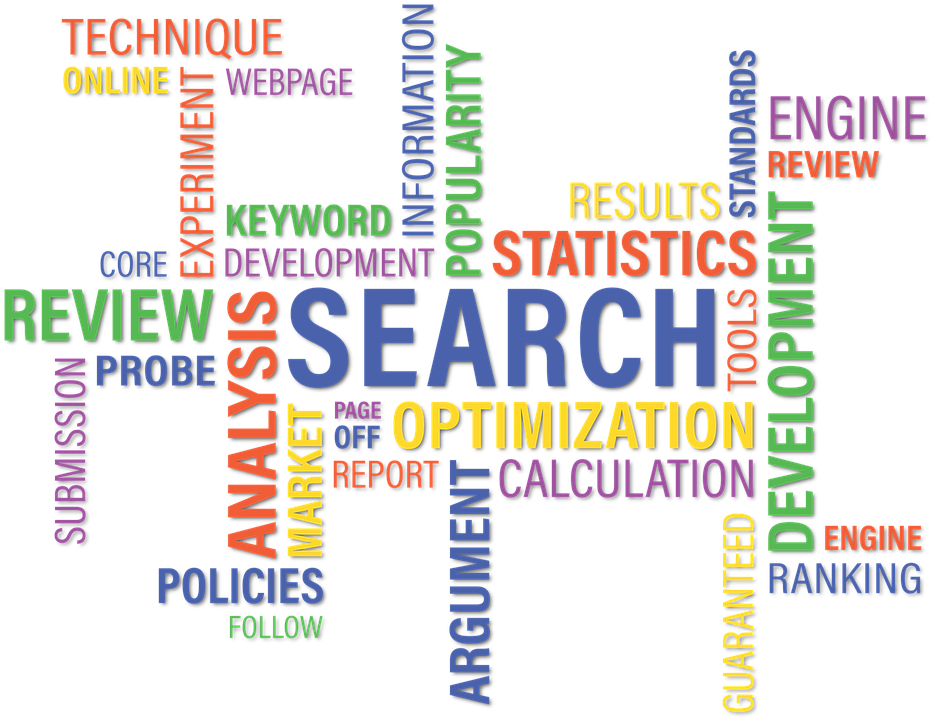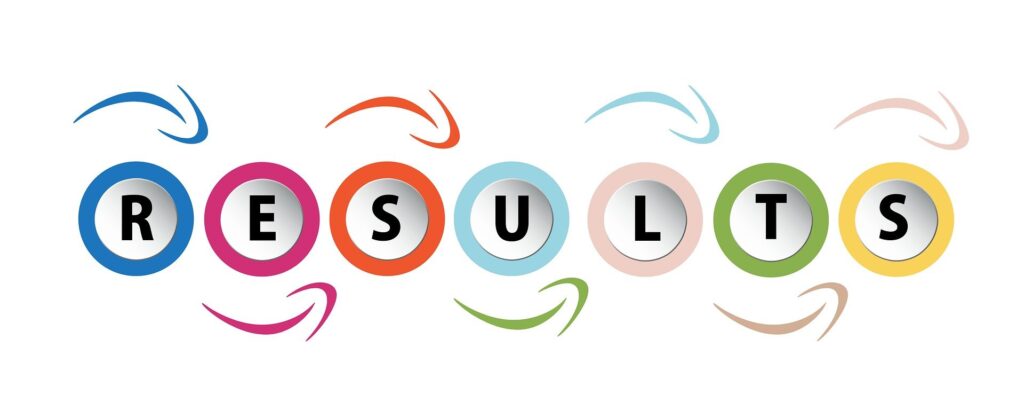Author: Amor Pérez-Rodríguez – Translation: Erika-Lucia Gonzalez-Carrion
The publication of a work implies a series of choices, one of which, and the most important, is the selection of the journal. Usually this is done by considering the scope of the study, the field of knowledge and the quality of the work. Often, there are other, less scientific, circumstances derived from academic pressures and the “need” to achieve a certain number of first level publications. The important thing is not to lose the sense of what the study carried out implies and what it means to publish. The former should not be conditioned by the latter. There is no research to be published in a particular journal. That would go against what it means to do science. Although, often, it is a step in the research process that must be carried out in an objective and honest way.

The fundamental premise for good research is knowledge of the subject. This is the result of readings related to the study, fundamentally the best, which are found in the journals of the area, indexed according to the canons of impact and reference. Those who do research know the publications in which the most relevant texts of their area are disseminated. And with this they acquire the keys to their field of knowledge, theories, currents, references, discussions, states of the art, significant contributions… And, also, they discriminate those others in which the scientific criteria are not so transparent, the contributions are not so relevant or none, and the rules are more lax. This knowledge allows the researcher/author to be aware of the level of their work. And, consequently, decides to publish in first level journals, or not. This exercise in humility and research honesty is fundamental and would save many frustrations.
In order to publish, it is a priority to take into account the topic, the research method used, and the object of the study or focus of the work. In this way, it is relatively easy to decide where to publish if we consider the objectives and scope of the journal to which we have proposed to send.

The subject of the research, its novelty, who it is aimed at and the possibility of its obsolescence also condition the choice. If the journal chosen has an extended publication process, the new and current topics may expire. Covid’s theme has highlighted the race to publish important findings and how the journals have adapted, including specific calls to lighten the pace of these publications.
The journal’s standards are another relevant indicator for deciding whether it is a good choice. Often papers are submitted to journals that do not meet the formal requirements of the journal. This gives an idea of the lack of knowledge of the researcher of the journal in question and can have a considerable impact on the work (length of citations, figures, method, …).
The impact of the journal is another condition, although to take it into account it is convenient to evaluate the scope of the research carried out, and the possibilities that the selected journal considers it a valuable contribution.
Therefore, deciding where to publish is one more task of the research process that implies rigor, above all, the reading of the journals in the field, the knowledge of the subject, the quality of the research, and the honesty of the person or persons who sign the work in order to select a journal according to the level of the work.
To consider exclusively the impact of the publication, in the final process, is a mistake.
